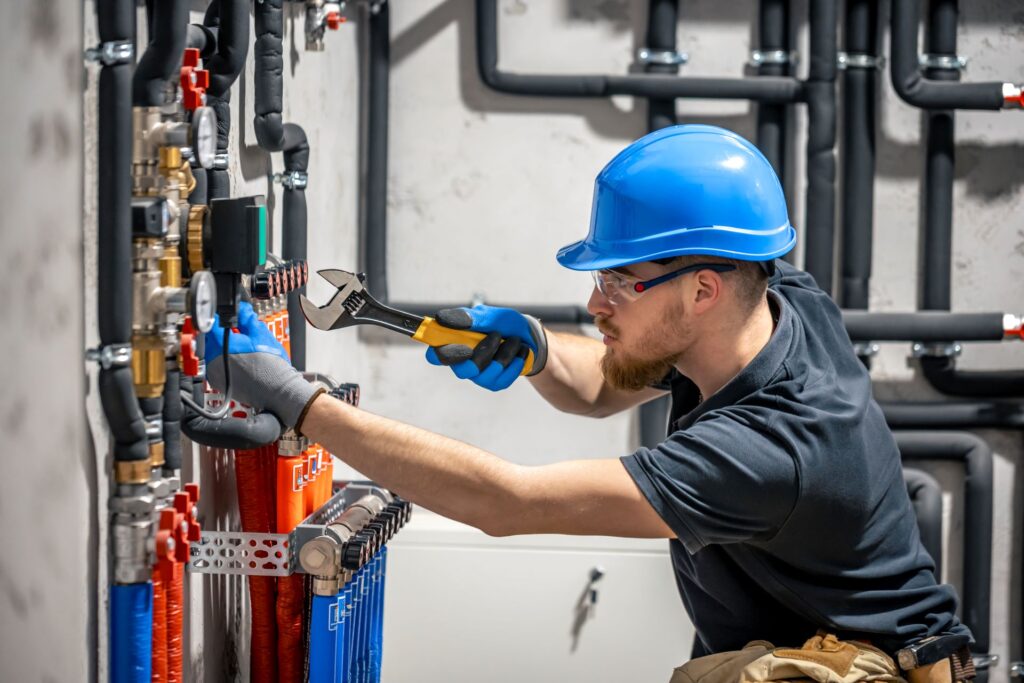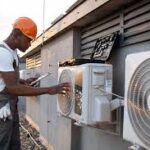Water is one of the most valuable resources in daily life, yet it is often taken for granted until shortages or high utility bills draw attention to its importance. Across households, offices, and industrial facilities, plumbing systems play a direct role in how water is distributed, consumed, and conserved. By focusing on efficient plumbing solutions, families and businesses can significantly reduce waste, lower costs, and contribute to environmental sustainability. Simple changes, such as upgrading outdated fixtures or investing in modern technologies, can transform the way water is managed. Efficient plumbing not only saves money but also helps ensure that communities have reliable access to water in the future.
Modern plumbing innovations
Today’s plumbing technologies enable the precise management of water consumption, a level of control that was previously unavailable. Low-flow faucets, toilets, and showerheads reduce water usage without compromising comfort or functionality. Similarly, innovative leak detection systems notify homeowners of even the most minor drips before they escalate into significant losses. These innovations highlight how plumbing upgrades are no longer only about convenience but also about sustainability. For many homeowners, working with professionals who understand the latest systems is a practical step toward lowering water bills and protecting resources. Efficient plumbing represents a balance between comfort and conservation, a combination that creates long-term benefits. One example of a company that helps families achieve these improvements is Quality Heating, Cooling, Plumbing & Electric of Glenpool, which emphasizes solutions tailored to both performance and efficiency.
Reducing waste through maintenance
Efficient plumbing solutions go beyond the installation of modern fixtures and rely heavily on regular maintenance. Small leaks, whether caused by a worn washer or a corroded pipe, can result in significant waste if left unattended. A dripping faucet or running toilet may not seem urgent, but over the course of weeks or months, the amount of lost water is substantial. Maintenance checks allow these issues to be identified early, preventing unnecessary consumption and damage to the plumbing system. Drain cleaning also plays a role in maintaining water efficiency, as clogs force fixtures and appliances to work harder, using more water in the process. By scheduling regular inspections, homeowners can avoid unexpected breakdowns and promote sustainable water use throughout their property. In this way, maintenance becomes not just about functionality but about contributing to a broader culture of conservation.
Outdoor water management
When discussing water efficiency, it is easy to focus solely on indoor systems; however, outdoor usage often accounts for a significant portion of household consumption. Gardens, lawns, and irrigation systems require substantial amounts of water, and without careful management, waste can accumulate rapidly. Modern irrigation solutions such as drip systems, soil moisture sensors, and timers ensure that water is distributed only where and when it is needed. This not only conserves water but also promotes healthier plant growth by preventing overwatering. Rainwater harvesting systems offer another opportunity for efficiency, capturing natural rainfall that can later be utilized for outdoor needs or even non-potable indoor purposes. Properly designed outdoor plumbing is a crucial component of comprehensive conservation efforts, connecting indoor and outdoor practices to create a comprehensive picture of efficiency.
Read More: https://acubi.us/reliable-roofing-company/
Long-term financial and environmental benefits
Investing in efficient plumbing solutions is not only an environmental choice but also a financially sound one. Reduced water consumption translates directly to lower monthly utility bills, which accumulate into meaningful savings over time. On a broader scale, communities that adopt efficient practices reduce the demand on municipal systems, thereby lessening the strain on treatment facilities and water supplies. This collective effort can delay or even eliminate the need for costly infrastructure expansions. Environmentally, conserving water helps protect ecosystems that depend on stable supplies for survival. Rivers, lakes, and reservoirs benefit when less water is wasted, ensuring a balance between human consumption and the preservation of natural habitats. For homeowners, the combination of financial and environmental benefits creates a compelling argument for adopting modern plumbing strategies that emphasize efficiency at every level.
Efficient plumbing solutions play a crucial role in reducing water waste, lowering household costs, and promoting environmental responsibility. Innovations like low-flow fixtures, leak detection devices, and modern irrigation systems make conservation both practical and achievable for households and businesses alike. Maintenance ensures that these systems continue to function at their peak, while outdoor strategies extend efficiency beyond the walls of the home. The result is a sustainable approach to water management that delivers long-term rewards. By taking proactive steps to adopt efficient plumbing, individuals contribute to the preservation of a critical natural resource while enjoying tangible improvements in comfort and cost savings. Saving water is no longer just an environmental responsibility—it is a practical and forward-looking way of living.



